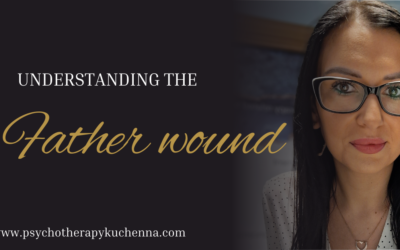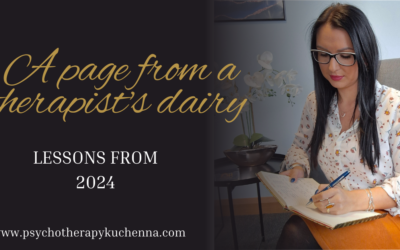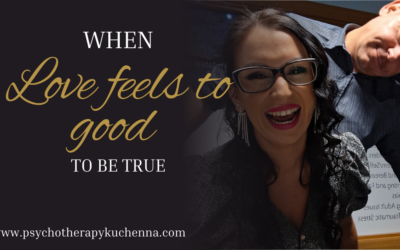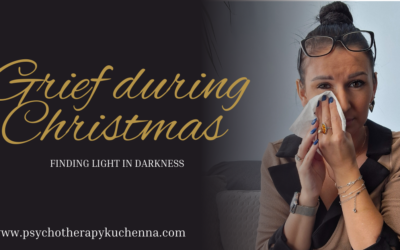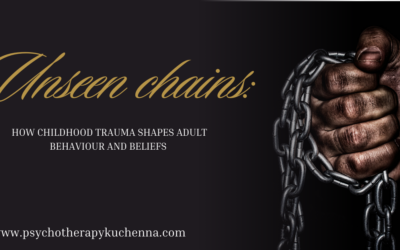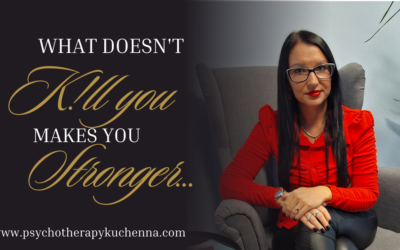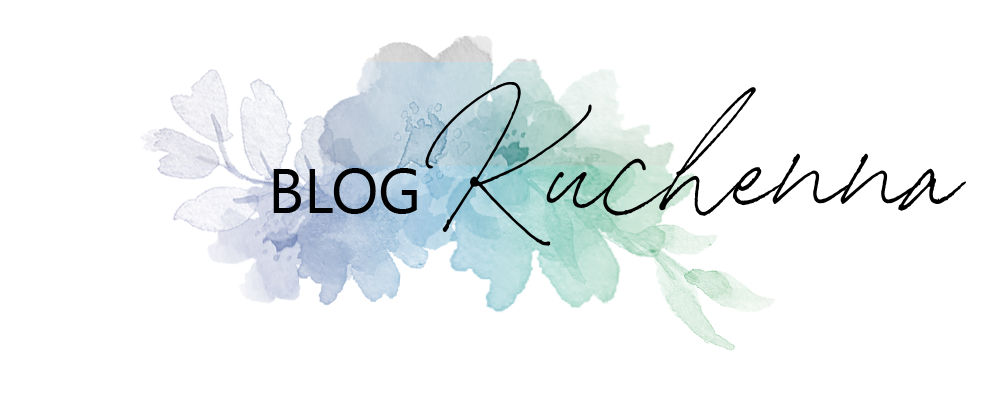
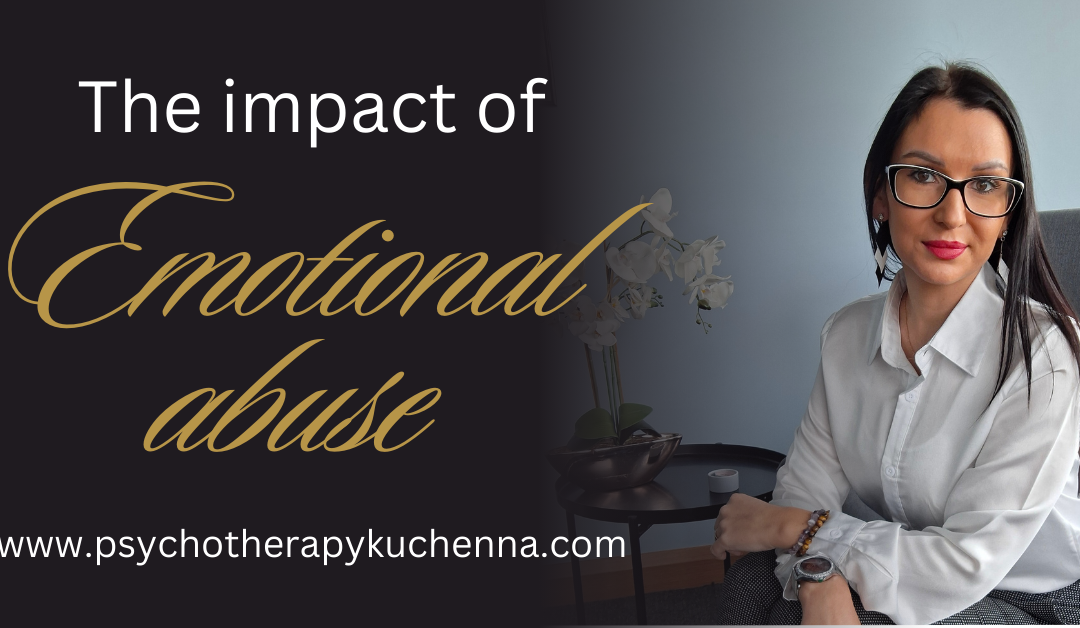
The Devastating Impact of Emotional Abuse in Relationships
Emotional abuse in relationships can be as damaging, if not more so, than physical abuse. While physical wounds heal, the psychological scars from emotional abuse often linger, affecting self-esteem, mental health, and the ability to form healthy connections....
Understanding the Father Wound: Its Impact on Men and Women
The "father wound" refers to the emotional, psychological, and sometimes spiritual pain resulting from an absent, neglectful, or emotionally unavailable father. While the father wound often stems from the dynamics of one’s relationship with their father, it is not...
Understanding the Mother Wound: Its Impact on Men and Women
The term "mother wound" refers to the emotional, psychological, and sometimes even physical imprint left by unresolved pain, neglect, or unmet needs in the relationship with one’s mother. While the phrase might suggest blame, the mother wound is often the result of...
A Page from a Therapist’s Diary: Lessons from 2024
Reflecting on 2024: Lessons Learned As I sit here reflecting on 2024, one word comes to mind: lesson. That’s exactly what this year has been for me—a big, messy, beautiful lesson in every corner of my life. I never thought I’d look in the mirror and feel like I didn’t...
When Love Feels Too Good to Be True: The Wounded Inner Child’s Search for Safety
Sometimes, even in the healthiest of relationships, people find themselves searching for cracks in the foundation. They pick fights over minor issues, overanalyze their partner’s every word, or doubt the love being offered. To outsiders, it may seem irrational: Why...
Navigating Grief and Bereavement During Christmas: Finding Light in Darkness
The holiday season, often depicted as a time of joy and togetherness, can bring a profound sense of isolation and sorrow for those grappling with grief and bereavement. Christmas, with its traditions of family gatherings and celebratory cheer, can amplify the void...
Unseen Chains: How Childhood Trauma Shapes Adult Behavior and Beliefs
Childhood is the foundation on which we build our lives. However, for those who experience trauma during these formative years, this foundation may carry invisible cracks. The effects of childhood trauma often extend far beyond the initial experiences, subtly shaping...
Inner Child Wounds: Perfectionism, People-pleasing, and the Invisible child
Our "inner child" represents the part of our subconscious formed during childhood, carrying both joyous memories and painful wounds. When these wounds go unhealed, they often manifest in adulthood as emotional and behavioural patterns that impact our relationships,...
What Doesn’t Kill You Makes You Stronger… Or Does It?
Introduction How many times have you heard the phrase, “What doesn’t kill you makes you stronger”? How many times have you said it to yourself in moments of struggle? But is it really true? What does it mean, and how can we relate to it? In reality, it’s not so...
The Impact of People-Pleasing on Mental Health, Relationships, and Personal Fulfillment
People-pleasing refers to the tendency to prioritize others' needs, desires, and approval over one's own well-being and authenticity. While a natural inclination to be kind and helpful is often celebrated, people-pleasing goes beyond healthy boundaries, often leading...
Reclaim Your Power: Embrace the Woman You Are Meant to Be
When you look in the mirror, who do you see? Do you see a woman who radiates confidence, strength, joy, and wisdom? A woman who knows her worth and isn’t afraid to ask for what she wants, or to pursue her dreams with clarity and determination? Or maybe you see someone...

About Me
My name is Sylwia Kuchenna,
I am a qualified psychotherapist.
Psychotherapy is so much more for me than just work. It is my passion. Every client is special for me and equally important.
I am aware that each client is different, have different needs and their story is unique, this is why I am using an integrated style of therapy, which is a mix of various types of therapy (psychodynamic, humanistic, cognitive- behavioural (CBT), family systems and Gestalt).
This approach allows me to match the therapy to an individual client’s needs.

